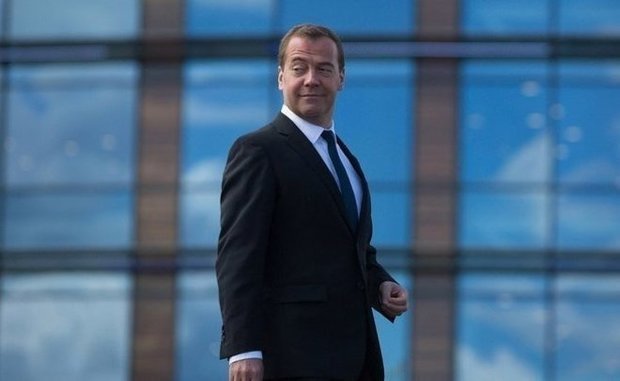“Disconnecting Russia from SWIFT is slightly less possible than an asteroid hitting the Earth”
Is the threat real?
Deputy Chairman of the Security Council of the Russian Federation, former President and former Prime Minister Dmitry Medvedev allowed that Russian banks can be disconnected from SWIFT system. According to the former head of the Russian state, the country can be deprived of the Internet and other global tools, “if something extraordinary happens, if someone's mind is blown completely”.
In December, Western media reported that the disconnections from SWIFT is again being discussed in the United States in connection with the coming to power of the administration of Joseph Biden and new hacker attacks on American government agencies.
Similar measures were already discussed in 2014-2015. After the annexation of Crimea and the war in the south-east of Ukraine, the issue of disconnecting Russia from SWIFT bothered both American and European politicians. According to experts, Russian banks and companies may lose access to dollars, including on their accounts, due to the disconnection from SWIFT.

The situation like with Twitter
Financial journalist, author of the blog and YouTube channel Adskie Babki Alexandra Bayazitova believes that SWIFT disconnection will actually mean a ban on the export of oil, gas and other resources. It will also block the possibility of importing goods from abroad. In theory, this could fundamentally undermine the Russian economy.
But the expert considers the chance of real disconnection of Russian banks from the system as little: “The situation is possible, of course, but a little less possible than an asteroid hitting the Earth.”
First, the disconnection is unprofitable for contractors of Russia who buy raw materials from us. Neither the United States nor Europe will be able to pay for the resources that many Western (and not only) countries need today," she believes.
“There is a hypothetical chance, of course. Medvedev, as Deputy Secretary of the Security Council, actually mentioned such chances. In fact, Gazprom has recently statedthat there is a chance that the construction of the Nord Stream 2 may be blocked. Can they? They can. Will they? Unlikely. Here's the same. Can they disconnect us from SWIFT? Theoretically, yes. Will they? Well, there's a one-in-a-million chance they will. Because, yes, they will do us very badly, but they will also do themselves badly, because how will they pay us for the supply of goods?" asks Bayazitova.
Second, such operation threatens to destroy the entire unified system, since many countries will decide to protect themselves and develop their own.
“I am sure that over six years our Central Bank has already figured out how to pay without SWIFT, with China, possibly with Europe. But as soon as we are disconnected from SWIFT, all countries will think that they can also be disconnected, and they will create a parallel other system. Of course, no one needs this. We will get over this, but they will show the vulnerability of the system. As soon as Twitter blocked Trump, everyone thought: “I can also be blocked," the expert gave the example. She added that, like in social networks, too strict policies can provoke migration.
She also recalled the creation of the NSPK (National Payment Card System) system in Russia, after several banks stopped serving Visa and MasterCard. Alexandra Bayazitova believes that the Russian payment system was expensive and inefficient, but now it is improving every year.
The Russian Central Bank already has some backup options for interaction with colleagues from Europe and China, Bayazitova believes. Disconnecting from the international system will be a problem for those countries that want to buy gas and oil from Russia. As a result, ways will be found to circumvent these restrictions: “People are not stupid — they have been in this business for a long time.”